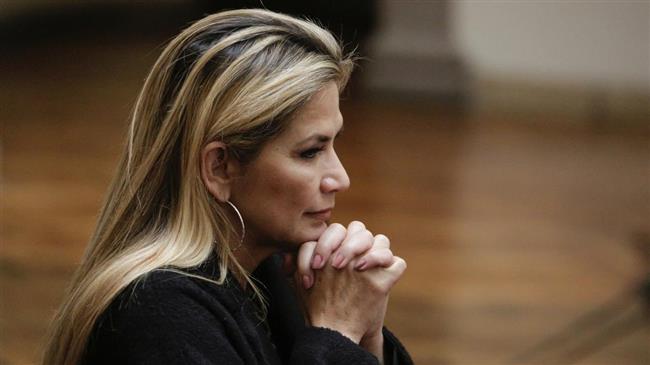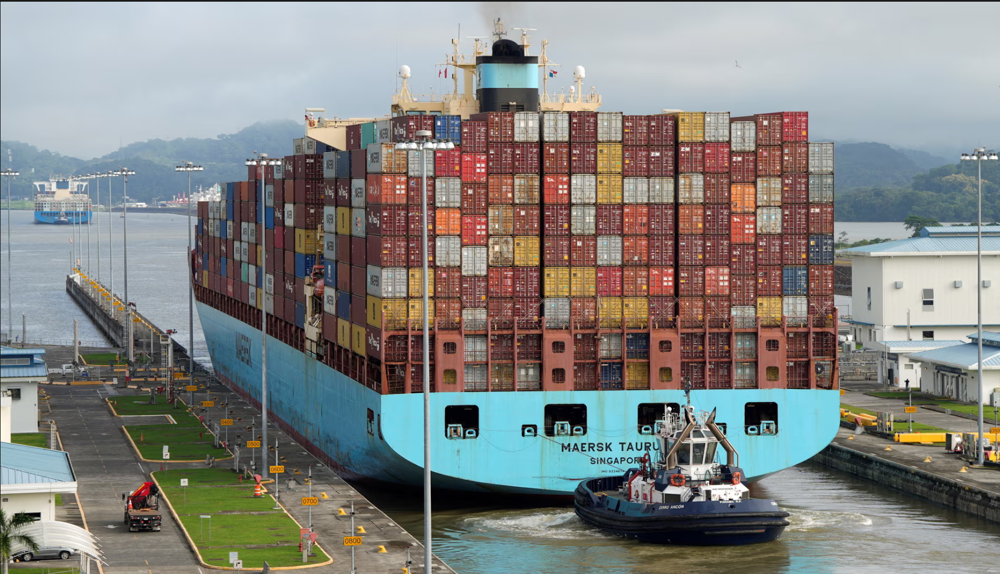Bolivia’s Áñez tells prosecutors she lacked legal authorization to assume presidency
Former Bolivian President Jeanine Áñez has admitted before the country’s prosecutor’s office that she lacked legal authorization as per the Bolivia's constitution to assume presidency and did this through the instrumental use of regulations to take office.
According to Bolivia’s ABI news agency, Áñez told prosecutors on Sunday that she had no official document or title to endorse her as the president, confessing that she only “instrumentalized” the norms of assuming power “because of the emergency state and the turmoil that the country experienced in 2019.”
The report says, when prosecutors asked her whether the country’s legislative assembly meeting reached the necessary quorum according to the existing regulations to endorse her as president of senate and president of the country, she had no convincing answer.
When prosecutors asked, “Tell us, which document or title allowed you to nominate yourself as president” of Bolivia, Áñez said, “Given the emergency situation and the social turmoil [that existed in the country], I took instrumental advantage of regulations of the House of Senators, [or] the country’s constitution ... because it was just a transition.”
When asked about the necessary quorum for assuming the presidency of the senate, and later, the country’s presidency, Áñez admitted that the lawmakers from the MAS-IPSP majority bloc (formed by the Movement for Socialism and the Political Instrument for the Sovereignty of the Peoples) did not take part in those parliamentary sessions that led to her presidency. Despite the absence of majority lawmakers, she added, she pushed for the parliament session to be held.
When prosecutors asked who took part in the session in which she was first chosen as the president of the senate and then as the president of the country, she said, “In the session of the House of Senators and the session in the Assembly, which were held at the House of Representatives, we had to resolve the issue of power vacuum due to the necessity and responsibility that we felt.”
“The sessions were held only on November 12, 2019 ... but the MAS parliamentarians publicly announced that they would not attend the Assembly. [Therefore,] what I did was to take instrumental use of regulations.”
Áñez announced herself president of the Bolivarian republic of Bolivia in 2019 after an election, which saw the country’s then President Evo Morales into his fourth term.
However, the Bolivian military and opposition claimed that the election had been rigged, a claim that was later debunked, inciting deadly street protests against Morales and his ruling party, the Movement for Socialism (MAS).
Amid fierce protests, the military publicly called on Morales to resign. The embattled president under pressure, particularly from Calderon, eventually stepped down in November that year and was forced to go into exile to Mexico and then to Argentina.
Later on, Áñez, a former senator, assumed power as the interim president. However, she withdrew her candidacy from the next presidential election in October last year, one day after polls revealed that Luis Arce, the pro-Morales candidate, was in the lead.
Arce, who had served as Morales’ minister of economy and public finance, won the elections, ousting Áñez and ending her government’s attempts to prosecute Morales’ supporters.
On March 12, a court in Bolivia issued arrest warrants for Áñez and several other individuals over their role in the coup against Morales.
A few days later, Áñez confirmed that she will be held for four months in pretrial detention on charges of involvement in a coup that resulted in the ouster of Morales.
Áñez is facing charges of terrorism, sedition and conspiracy.
Hamas thanks Iran, Resistance Front following achievement of ceasefire in Gaza
'Capitulation': Israeli officials and media concede Gaza defeat as truce unfolds
'Gaza has won': Social media users react to ceasefire with mix of relief, joy
Iran seeks South Korea’s assistance for AI, fiber-optic projects
VIDEO | Iran's 'Eqtedar' (Power) maneuver
Israel hits HTS military target in Syria for 1st time since fall of Assad
VIDEO | Press TV's news headlines
Israel has slaughtered 13,000 students in Gaza, West Bank













 This makes it easy to access the Press TV website
This makes it easy to access the Press TV website